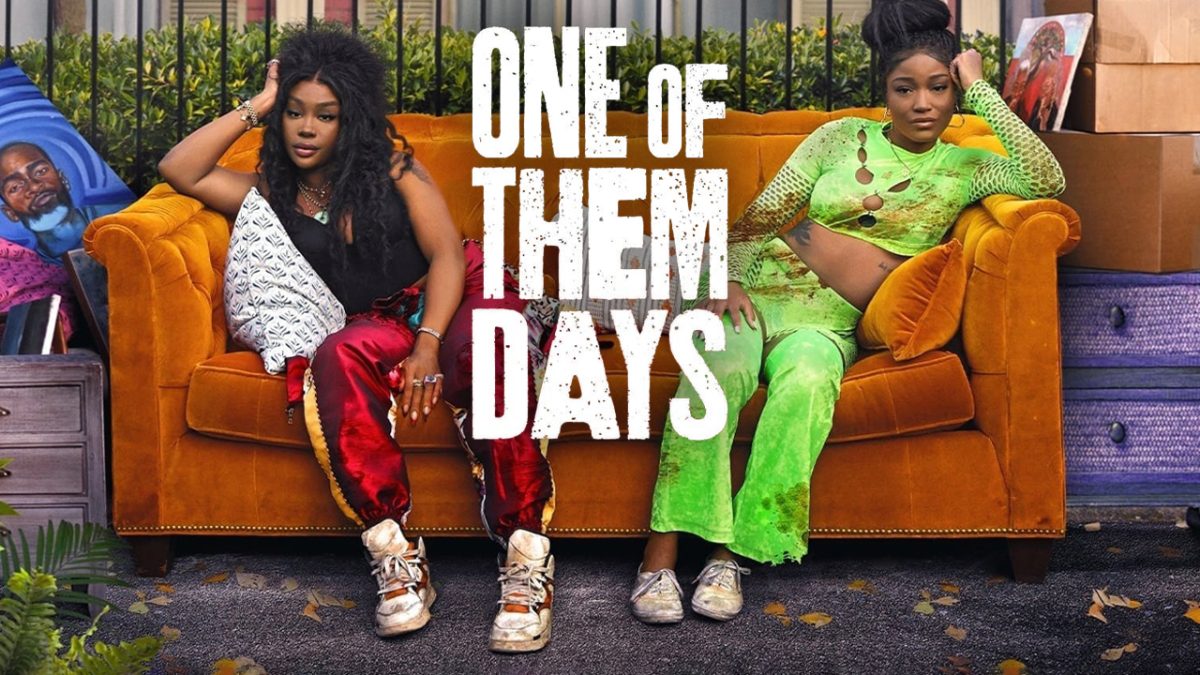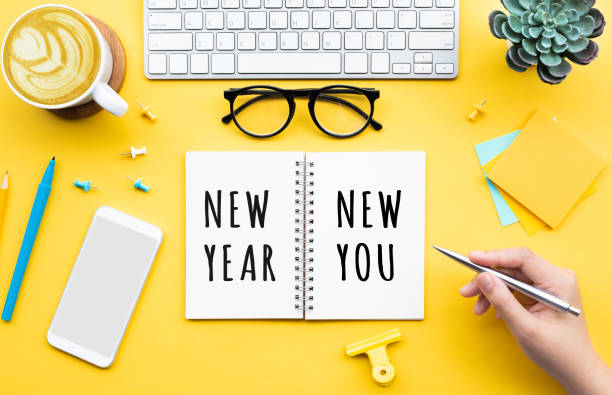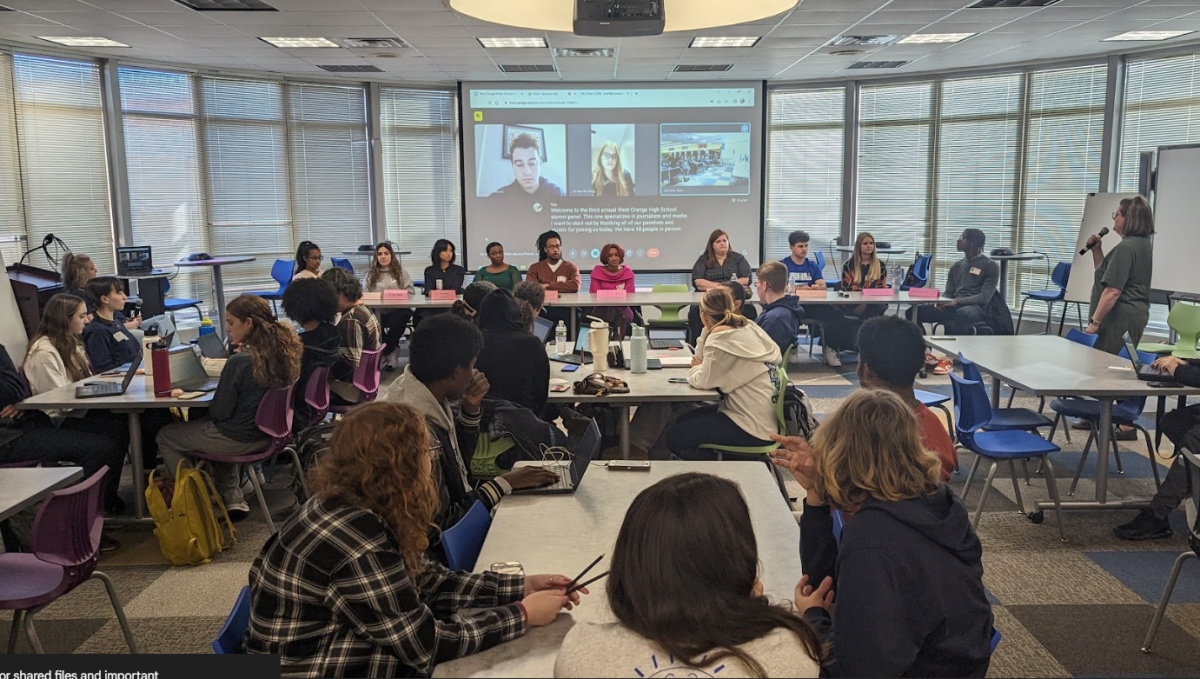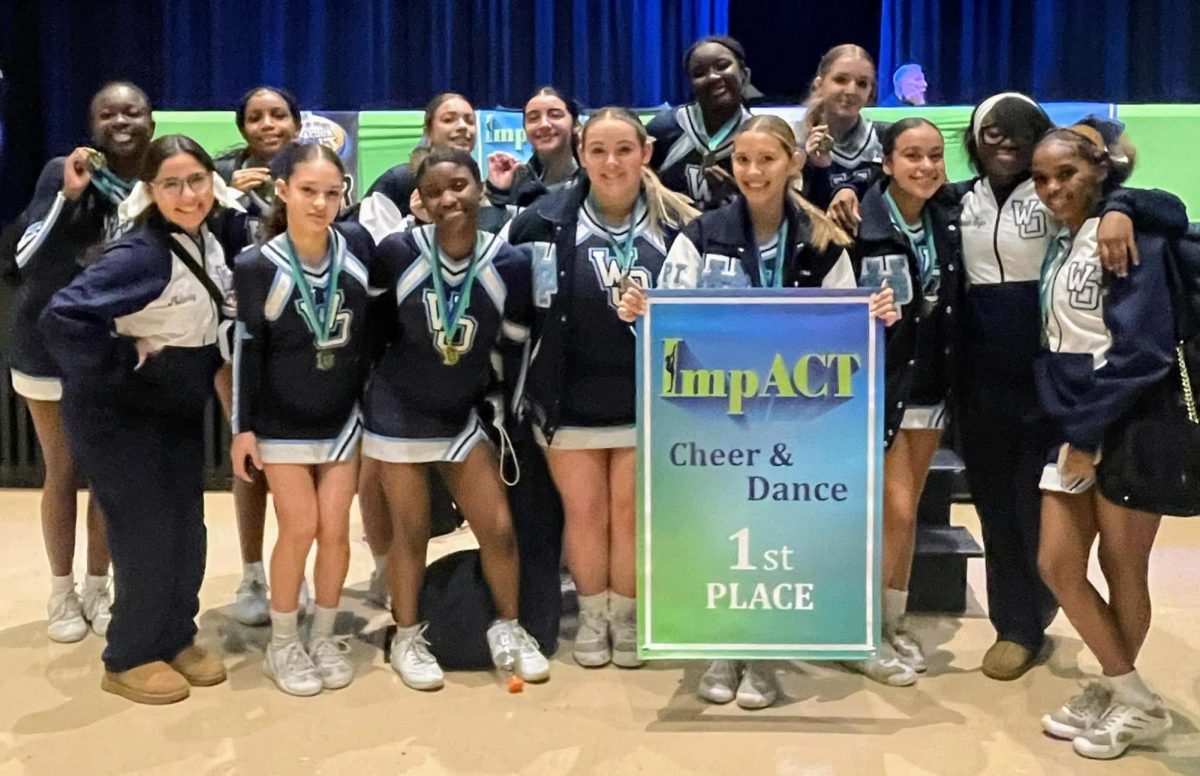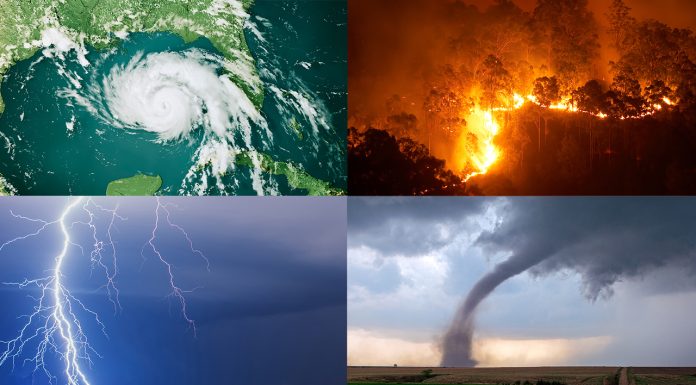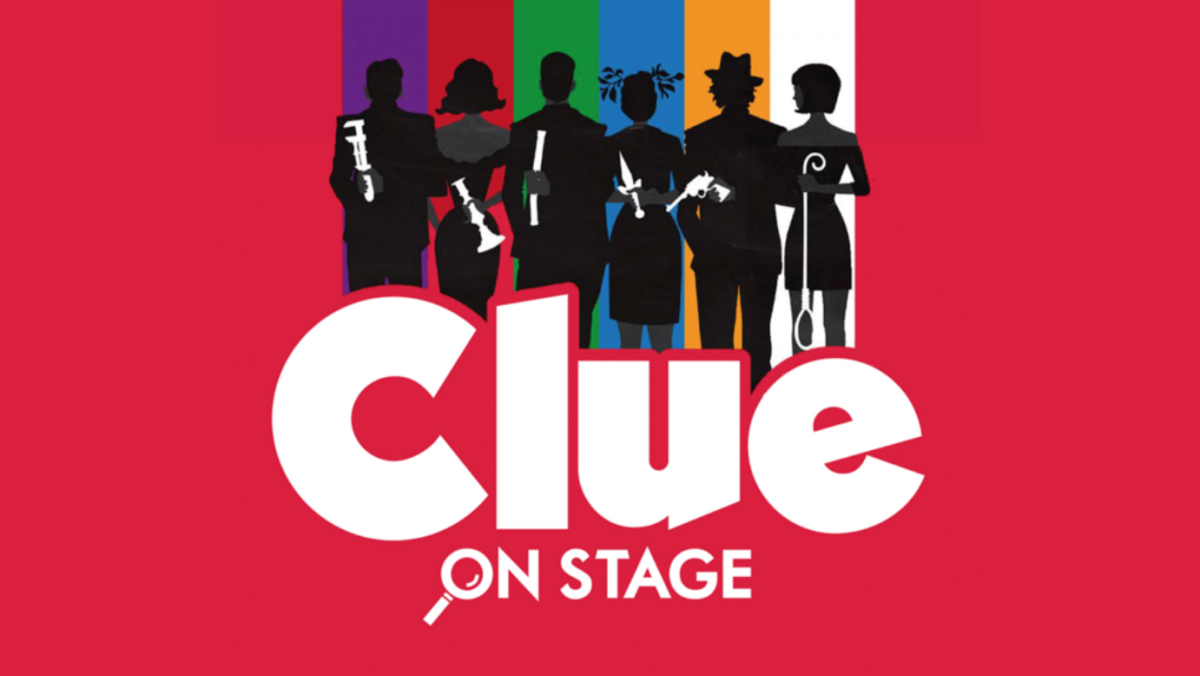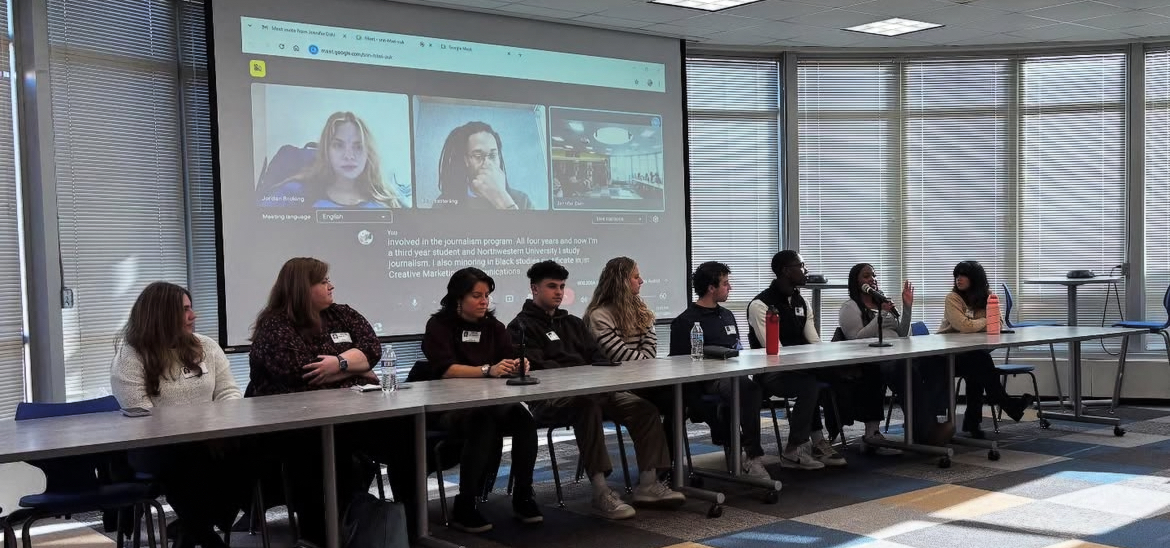December 22, 2023, The Pioneer conducted the third annual Alumni Panel for Journalism and Media in an era where information travels quickly and newsrooms grapple with ethical dilemmas. The overarching themes for the panel became the difficulties and complexities of the journalistic profession. The panel brought together a diverse mix of a dozen journalists and media workers, both in person and virtually, who are all WOHS alumni. While most participated in the WOHS Journalism program in some capacity, some panelists were part of journalism or media-related extracurriculars. However, everyone came with their own set of experiences and viewpoints. The discussion ranged from ethical quandaries to the implications of artificial intelligence.
Ethical Questions and Balancing Act:
The panel kicked off with a discussion on ethical questions faced by journalists. Natalie Nevins, a senior at Saint Joseph’s University and the sports copy editor of the university newspaper, The Hawk Newspaper, emphasized the importance of questioning the role of journalists in sensitive issues such as the Israel-Palestine conflict mentioned by Northwestern University’s Black Publication Editor-In-Chief, Devin Wilkes. Nevins, Wilkes, and others on the panel noted the difficulty in drawing a clear line between being a journalist and a person, advocating for the need to treat interviewees as human beings while maintaining professionalism.
Evan Easterling, representing the New York Times Flex Desk, added that while it is easier to report based on facts, navigating ethical boundaries becomes challenging. He stressed the significance of accuracy in reporting and the need to protect the safety and identity of individuals involved.
Professionalism and Passion:
The panelists unanimously agreed on the importance of professionalism in journalism. Samantha Nunez, a student at Quinnipiac University, emphasized the need to approach interviews with respect and empathy. “Treating the person you are interviewing like a human being goes a long way,” she remarked.
The discussion also touched upon the unconventional working hours in journalism. Jordan Broking, Producer for Good Morning Buffalo on WKBW-TV, highlighted that breaking news can happen at any time, requiring journalists to be flexible with their schedules. Despite the odd hours, the panel encouraged aspiring journalists to pursue stories they are passionate about. “If you are passionate, you’ll make time,” affirmed Camille Bugayong, a freshman radio host at Boston University.
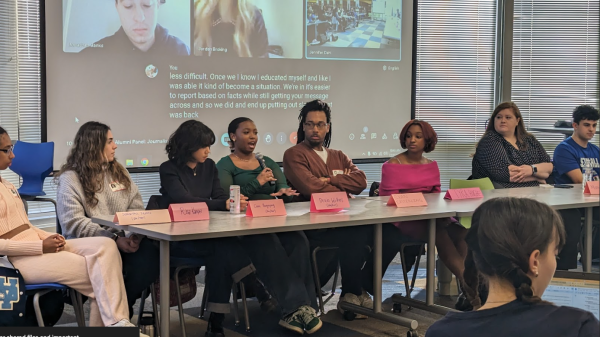
Artificial Intelligence in Journalism:
The role of artificial intelligence (AI) in journalism is a hot and controversial topic. Tyra Hughes, as a Collaborative Arts student at NYU, raised concerns about AI’s inability to emulate human emotion fully, especially through the arts, and was not enthusiastic about the idea of ChatGPT. Evan Easterling revealed that even major media outlets like Fox utilize AI to generate ideas and overcome writer’s block. One mentioned that AI can be a double-edged sword as it may lead to job displacement in the industry. However, on the flip side, Mason Bashkoff was all for AI, stating that he “uses it every day,” especially when he has writer’s block and that it is an excellent tool for journalism.
Networking and Career Paths:
The panel concluded with valuable insights into building a successful journalism career. Broking stressed the significance of networking. “The biggest advice I can give you is networking, and I am sure everyone here will back me up on that. Get to know people. You never know where something will lead you,” she advised.
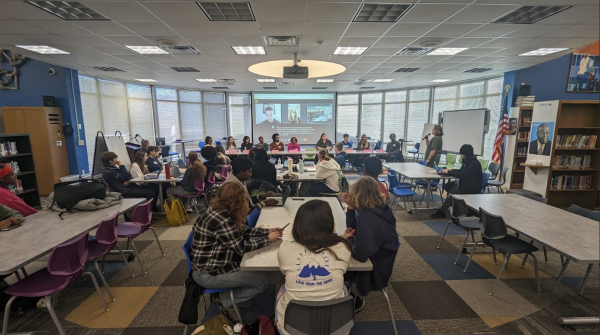
What Did We Learn?
In essence, the high school journalism panel covered many important topics and issues. Aspiring journalists can take these insights as guidelines for their paths as they navigate the journalism world of skill and integrity.














































